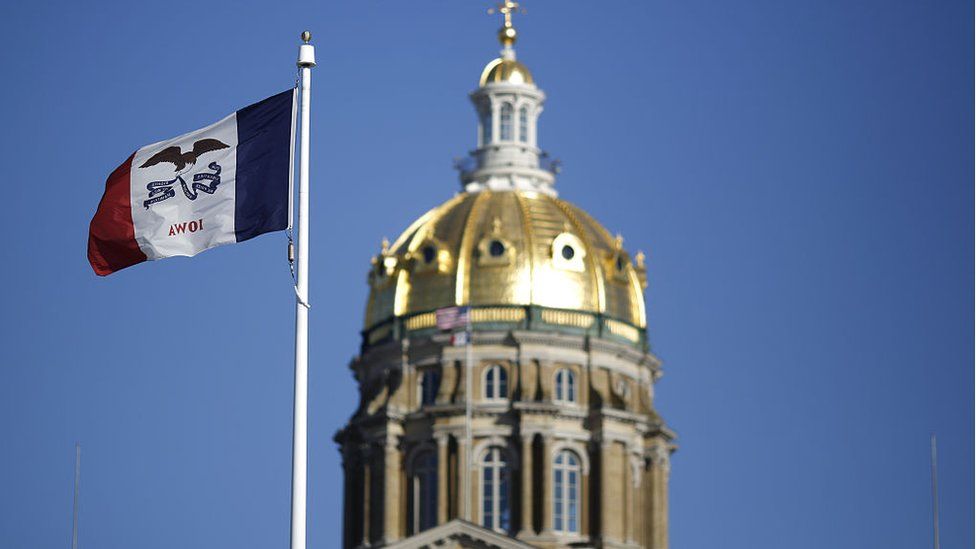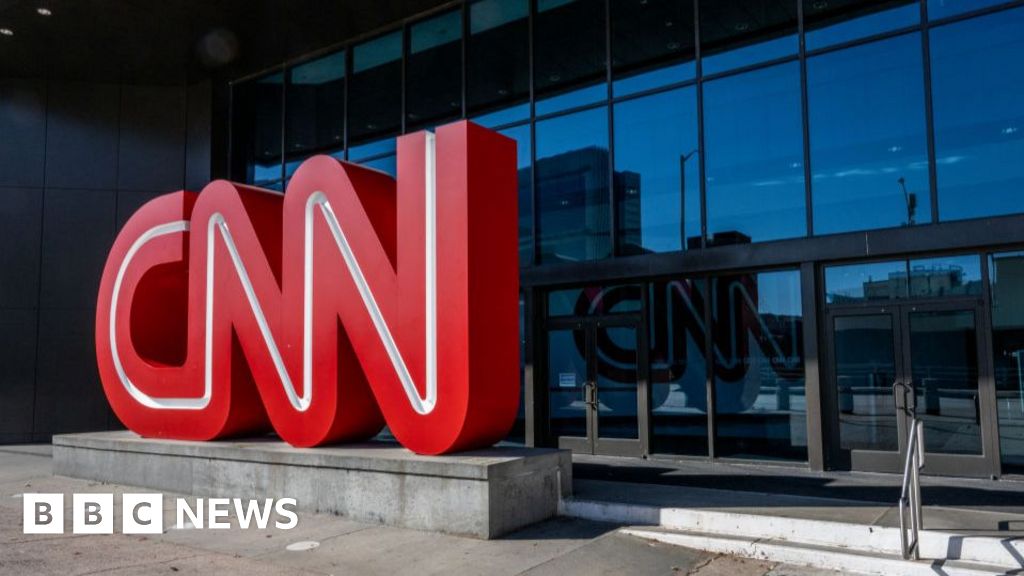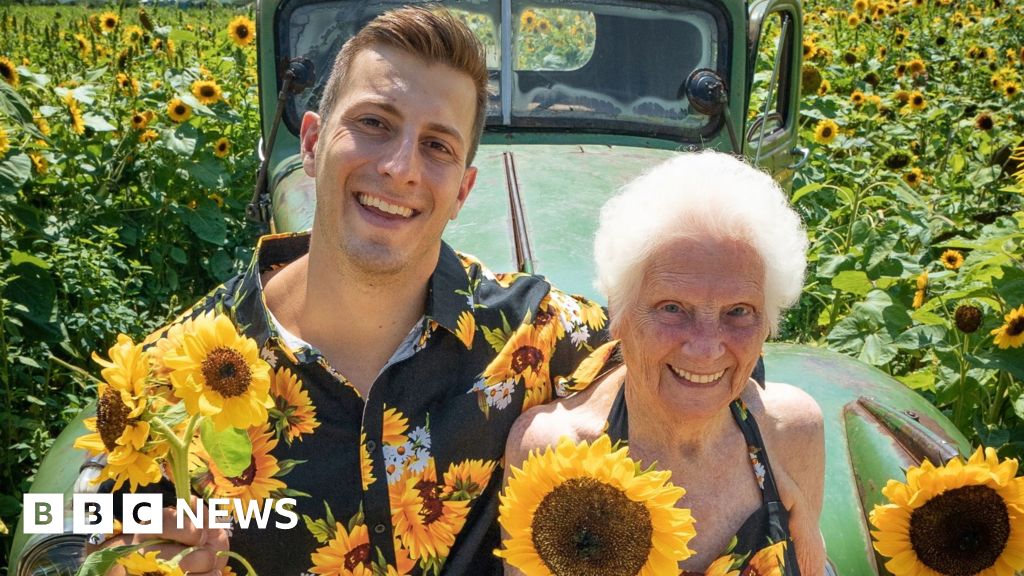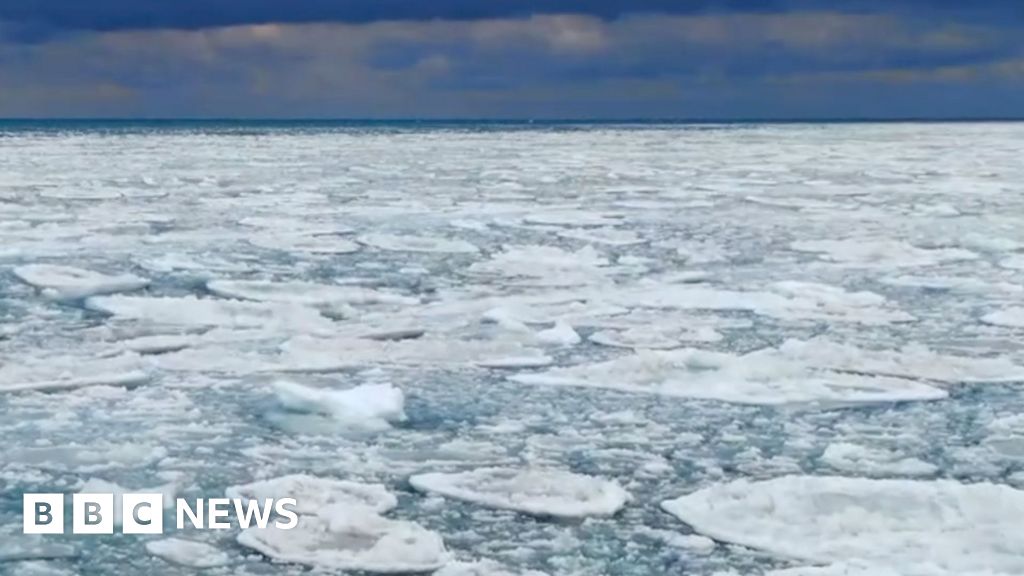ARTICLE AD BOX
 Image source, Getty Images
Image source, Getty Images
By Matt Murphy
BBC News, Washington
Every four years, Iowa is briefly catapulted to the centre of the political universe as it kicks off the election year race for the White House.
In a few hours, Republicans will vote on who they want to represent the party against Democratic President Joe Biden in November's presidential election.
First up in this race is Iowa, which likes to do things a little differently from other states.
For a start, the vote is called a caucus.
What is a caucus?
Most states run primary contests to nominate a presidential candidate but caucuses have a different, and more complicated, process.
Primaries are a kind of mini-election. Voters cast their ballots privately, either in person or by post, over the course of polling day.
Caucuses instead require party members to attend a location, in person, at a specific time.
At schools, community centres and churches across the state, representatives for the candidates make speeches before those present cast their votes by writing down a name.
Most states have moved away from caucuses in favour of primaries, but the Iowa Republican Party - along with those in Nevada, Idaho, Missouri, North Dakota, Hawaii, Wyoming and Kentucky - have all stuck to the system.
Who are the candidates?
The Republican field has been whittled down to four main candidates: former president Donald Trump, Florida governor Ron DeSantis, former UN ambassador Nikki Haley and biotech entrepreneur Vivek Ramaswamy. Former Arkansas governor Asa Hutchinson is also running but has failed to make an impact in the polls and appear at a debate.
Mr Trump is dominating the field, and his campaign has boasted they are aiming for a blowout victory in the caucuses.
His chief rivals in Iowa are Mr DeSantis - who has sought to tack to Mr Trump's right by fighting a campaign on culture war issues - and Ms Haley, who has fought a more moderate campaign on abortion and foreign policy issues.
Mr Trump has frequently repeated his false claims that he won the 2020 election and has energised supporters by accusing the Biden administration of mounting a political witch hunt against him.
So why are the Iowa caucuses important?
The actual prize Republicans are fighting for in Iowa is minimal. Candidates will split a measly 41 delegates, just 1% of the total number in play at the Republican National Convention in July.
But a win for any candidate in Iowa can help energise their campaign at a crucial early stage and potentially propel them to victory in the primaries. It also marks the first time the country can see how a candidate fares in an actual election, and can generate significant attention in the media.
Image source, Getty Images
Former president Donald Trump has towered over the Republican field since he announced his candidacy in November 2022. His rivals have struggled to dent his support among the party's increasingly populist base.
Yet, many major Republican donors are looking for an alternative candidate to bankroll. A strong showing here could help convince wealthy boosters to cut a large cheque, especially if a poor showing forces someone else to drop out.
Whit Ayers is a Republican pollster who has worked with a number of the party's candidates. He told the BBC that "survival and momentum" would be key for the anti-Trump candidates in the contest.
If Nikki Haley could beat [Ron] DeSantis for second place, that would give her a substantial boost, he observed. "Donors want to support a winner. If you can't get votes, you can't get money."
Can anyone beat Donald Trump?
Mr Trump, 77, has a commanding lead in the polls over his nearest rivals in Iowa.
The final poll of the Republican race there put him as the first choice of 48% of likely caucusgoers. Ms Haley was second, with 20%, while Mr DeSantis had slipped to third, at 16%.
But Mr Trump's lead in Iowa is smaller than it is nationally, where he tends to hold leads ranging from 45-60 points in polls. It suggests at least some voters could be looking for an alternative to the controversial former president.
Image source, Getty Images
Mr Ayers observed that voters can be split into three categories: People who will never vote for Mr Trump, staunch supporters of his agenda and a third category who are interested in alternatives.
"About half of the party are 'maybe Trump' voters," he told the BBC. "They are at least interested in who the alternatives are, they're maybe concerned about the amount of baggage he carries, his focus on the past, his concern with grievances as opposed to policies. So they are open to alternatives."
Marlys Popma, an influential former Iowa Republican Party official, agreed. Speaking to the BBC at a recent campaign event for Ms Haley, she said that the "number of undecideds in Iowa is actually huge".
Can Iowa predict winners?
Iowa has a pretty poor record of picking the eventual nominee - especially when it comes to choosing Republicans. Donald Trump is proof of that.
In 2016, he came second, languishing behind evangelical Texas Senator Ted Cruz. Neither of Mr Trump's two predecessors as Republican nominee won the state either.
In fact, George W Bush was the last non-incumbent Republican president to win both the state and the nomination in 2000.
Mr Ayers told the BBC that Iowa's problem picking candidates reflected how its population was "completely different to much of the rest of the country".
"On the Republican side there are far more evangelicals than there are nationally. On the Democratic side there are almost no African-Americans in Iowa," he observed, noting that the group is a key pillar of the Democratic voting coalition.
Image source, Getty Images
Image caption,George W Bush was the last Republican candidate to take Iowa before winning the White House
Why aren't the Democrats running a caucus in January?
This year the Democrats have chosen to prioritise states with a more racially diverse make-up than Iowa, which is overwhelmingly white.
President Joe Biden pushed for the change, writing in a letter last year that the party "must ensure that voters of colour have a voice in choosing our nominee much earlier in the process and throughout the entire early window".
Instead, the Democratic Party's campaign will begin in South Carolina on 3 February and Nevada on 6 February.
Iowa voters will instead cast their ballots by mail, which will be counted on 5 March.
New Hampshire, which traditionally held the first primary in the country, has refused to cede that status and will hold an unsanctioned primary on 23 January. President Biden - the only serious Democratic contender - will not participate.
What do you want to know about the Iowa caucuses and the 2024 US election? Our experts will answer your questions on 15 January.
In some cases your question will be published, displaying your name, age and location as you provide it, unless you state otherwise. Your contact details will never be published. Please ensure you have read our terms & conditions and privacy policy.
Use this form to ask your question:
If you are reading this page and can't see the form you will need to visit the mobile version of the BBC website to submit your question or send them via email to YourQuestions@bbc.co.uk. Please include your name, age and location with any question you send in.

 1 year ago
25
1 year ago
25








 English (US) ·
English (US) ·